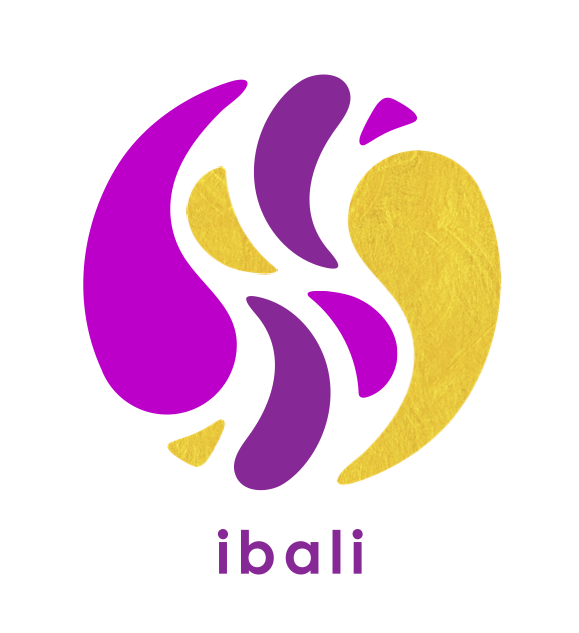Stories, Here I come again!
11 February 2023
by Jane Nebe

Stories. I have always loved stories for as long as I can remember. When my late father noticed my fascination with stories, he ensured that I had a constant supply of books and newspapers to read. As a secondary school student, I would read novels in the days leading up to and during exams, rather than the academic materials that would be assessed. I discovered my passion for teaching when I started teaching stories from the Bible to children in my church as a teenager. I would later switch to a career in Education after an undergraduate degree in the sciences. These days, I feed my love for stories by watching movies. No, not the full-length movies but the movie recaps or summaries that abound on YouTube where a narrator tells an abridged story of what a movie is all about. I even have a daughter who enjoys hearing stories but seems to prefer telling the stories.
It is my love for stories that informed my interest in qualitative research and the decision to use phenomenology as a research methodology for both my Master’s and PhD dissertations. Phenomenology focuses on understanding a phenomenon by analysing people’s lived experiences of that phenomenon and the meanings they make of their lived experiences. This is slightly similar to what storytelling as a research approach sets out to do. Storytelling allows people to articulate their lived experiences as stories. The process of crafting and developing lived experiences into stories is a meaning-making process. Meanings are generated from how people choose to remember, tell and use their stories. As one of three ethnographers on the Ibali project, our analytic focus is on how meanings are generated through storytelling, by participants and facilitators in our storytelling workshops. The ethnographic evaluation of the storytelling process will contribute to knowledge of the use of storytelling as a research approach.
I am personally interested in learning from the stories of how inclusion and exclusion are experienced across education systems in Nigeria, South Africa, and the UK, which is the thematic focus of the project. From my experiences as an educationist and researcher who has worked in various capacities within primary, secondary, and higher education, the value of inclusion at all levels of the education system cannot be overemphasized. Storytelling can offer rich insights into educational challenges and provide resources to initiate dialogues and actions that can lead to change. I know that participating in my first Ibali storytelling workshop expanded my worldview on what exclusion looked like for some young people. It also improved my practice of working more inclusively with young people in the work I do outside the project. So, to stories, I have come again. This time, to help us understand how it works better as a research approach.
.jpg)
